Veena
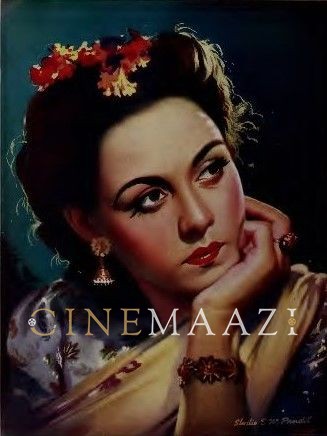
Subscribe to read full article
This section is for paid subscribers only. Our subscription is only $37/- for one full year.
You get unlimited access to all paid section and features on the website with this subscription.
Not ready for a full subscription?
You can access this article for $2 , and have it saved to your account for one year.
- Real Name: Shahzadi Tajwar Sultan
- Born: 4 July 1926 (Quetta, Baluchistan)
- Died: 14 November 2004 (Mumbai)
- Primary Cinema: Hindi
- Spouse: Al Nasir
- Children: Huma, Altamash
Veena was born on 4 July 1926 in Quetta, Baluchistan, present-day Pakistan. Her father was in railways, so Veena was always on the move and she was educated at various places, including Delhi. After matriculation, she joined a women’s college in Amritsar. In those days, her brother Shahzada Iftekhar was an assistant cameraman in Northern India Studios in Lahore, who was also the first to join the film industry. Her opportunity came when Maheshwari Brothers put an advertisement seeking a girl for their new Punjabi film Gowandhi (1942).
A Bengali lecturer, from Veena’s college, also applied for the role. When the production team came to interview the professor, they were disappointed to find that she was not fluent in Punjabi. Veena saw her brother accompanying them, taking advantage of his position she asked him to let her audition. At first, Iftekhar was stunned to see such enthusiasm knowing the consequences she would have to face from family, but he agreed to show her pictures to the producer. The producer called her for a screen test.
She was given the dialogues, which were written by Walli Saheb, and after her performance, she was selected and offered the role. She was made to change her name to Veena by the producer Seth Kishorilal. She was cast opposite Shyam in Gowandhi (1942) which was directed by G R Sethi. After completing the film, she was offered another role as an urban college student in the film Ravi Paar (1942) directed by Shankar Mehta and co-starring S D Narang and Ragini. She resumed her studies and moved back to college in Amritsar. But it was too late to stop the interest generated by Veena because of her films. The news of her films reached the college principal and she was expelled from the college and returned home. At home, another storm was waiting for her. While her family was adamant to stop her from acting in films, the film producers also couldn’t stop the film from releasing. In the midst of this, she was offered roles from Bombay Talkies, Mehboob Khan, and Mazhar Khan. With the support from his brother, both Veena and Shahzada Iftekhar moved to Bombay. She also did National Studio’s Aasra (1941) directed by Lalitchandra Mehta and Chimankant Gandhi.
In Bombay, she did her first film, Yaad (1942) directed by Mazhar Khan and opposite Satish. Mehboob offered her Najma (1943). With Najma she signed a ten-year agreement with Mehboob Khan at a salary of 2000 rupees per month. Before she completed these two films, she got offers from Ranjit Movietone for the films Rajputani (1946) and Chheen Le Azadi (1947). Following this, she started working as a freelancer.
K Asif signed her for Phool (1945) opposite Prithviraj Kapoor and then for his yet to be a magnum opus, Mughal-e-Azam, when he launched the film in 1945. She was offered the role of an Iranian princess while Nargis was playing the lead role. The production of the film was shut down in the midst when the producer Shiraz Ali Hakeem shifted to Pakistan. The film was later made with a different cast. She was cast opposite Motilal in Pehli Nazar (1945) that put her in the dominant league.
Veena was married to actor Al Nasir. He was from a royal family in Bhopal and had already been married thrice, first to actress Meena Shorey and then to Manorama. Al Nasir and Veena got married in 1947 in Junagarh. They both worked together in a few films, but the pair didn’t work on screen. Al Nasir contracted tetanus and died in 1957. They had two children, a daughter, Huma, and a son, Altamash.
In 1950 came Dastan directed by R Kardar that garnered much appreciation for her performance as a proud, rude, and unscrupulous sister to Suraiya. Al Nasir also acted in the film. She then appeared in Afsana (1951) and Chalti Ka Naam Gaadi (1958) with Ashok Kumar, Kaagaz Ke Phool (1959) and Taj Mahal (1963). After playing the character of Noor Jehan in two films, Mera Salaam (1957) and Taj Mahal (1963), she also played her mother’s role in Noor Jehan (1967). In Ashirwad (1968), she played the role of Ashok Kumar’s tough wife, Leela Chowdhary.
In her career, Veena lost out many films which proved to be a career changer for other actors at that time. To name a few, there was the Dilip Kumar and Nargis starrer Jogan (1950) which was earlier offered to Veena and Motilal, Sohrab Modi’s Jhansi Ki Rani (1953) where the role went to his wife Mehtab after much insistence from the latter, and then Mother India (1957) where she was cast in the lead role opposite Dilip Kumar, which later went to Nargis. Even the roles of Munawwar Sultana in Babul (1950) and Suryakumari in Uran Khatola (1955) were first offered to Veena, but she could not act due to reasons unknown. There were more, like Mehboob’s Andaz (1949) and some unreleased films like Heera Ranjha, Hindustan, and her brother’s Veena.
With roles both big and small, Veena paved her way to more accomplishments in the early 70s with her role as Nawabjaan in Kamal Amrohi’s Pakeezah (1972). She retired in 1983 soon after completing Kamal Amrohi’s Razia Sultan (1983) where she played the role of empress Shah Turkhan. In her entire career, she worked in around 110 films.
Veena had a fierce personality on screen, something that was quite visible in the way she delivered her dialogues in every strong character she played in films. She died on 14 November 2004 in Mumbai at the age of 78 after a prolonged illness.
References
Yeh Un Dinon Ki Baat Hai: Urdu Memoirs of Cinema Legends by Yasir Abbasi. Bloomsbury. Pp. 283-293.
-
Filmography (101)
SortRole
-
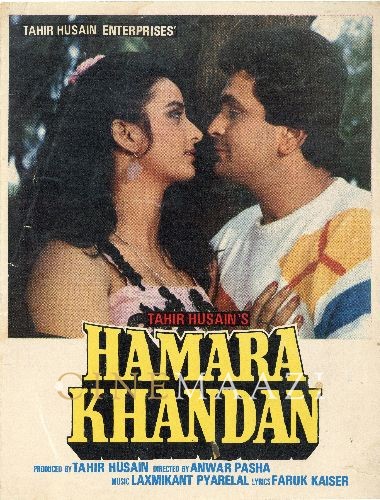
Hamara Khandan 1988
-

Razia Sultan 1983
-
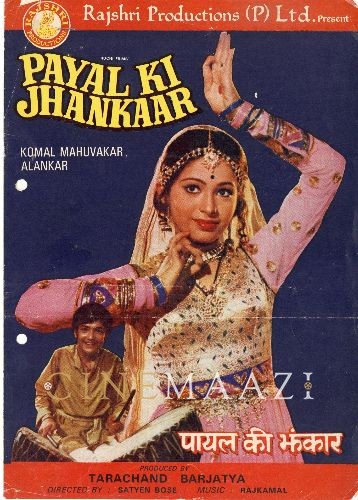
Payal Ki Jhankaar 1980
-
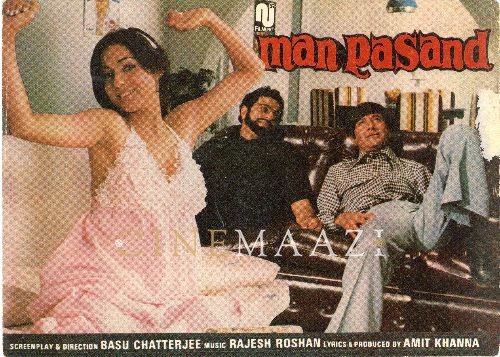
Man Pasand 1980
-

Mera Salaam 1980
-
Deen Aur Imaan 1979
-
Gawaah 1979
-
Nawaab Saaheb 1978
-

Sultan-E-Hind 1978
-
Sher Puttar 1977
-
Aakhiri Sajdaa 1977
-



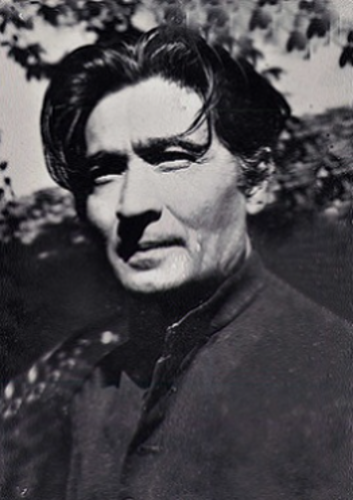
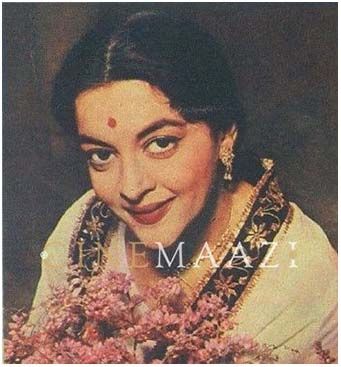
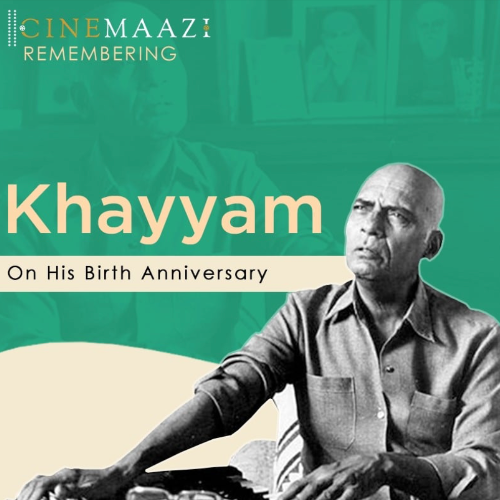
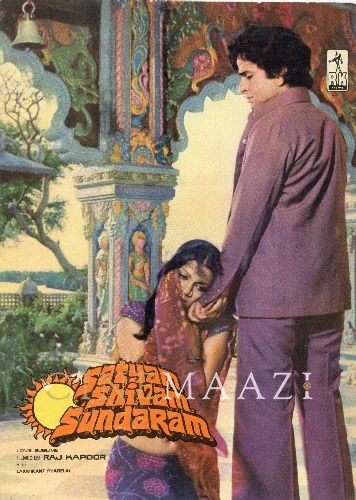
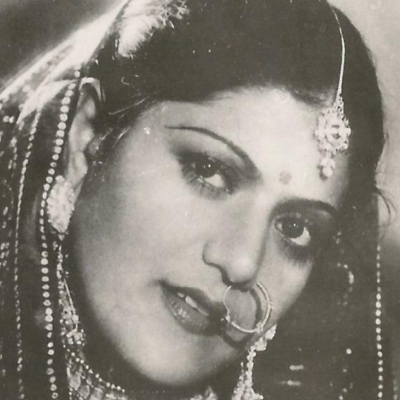
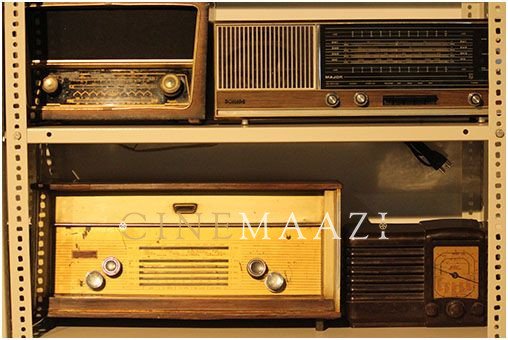
.jpg)



